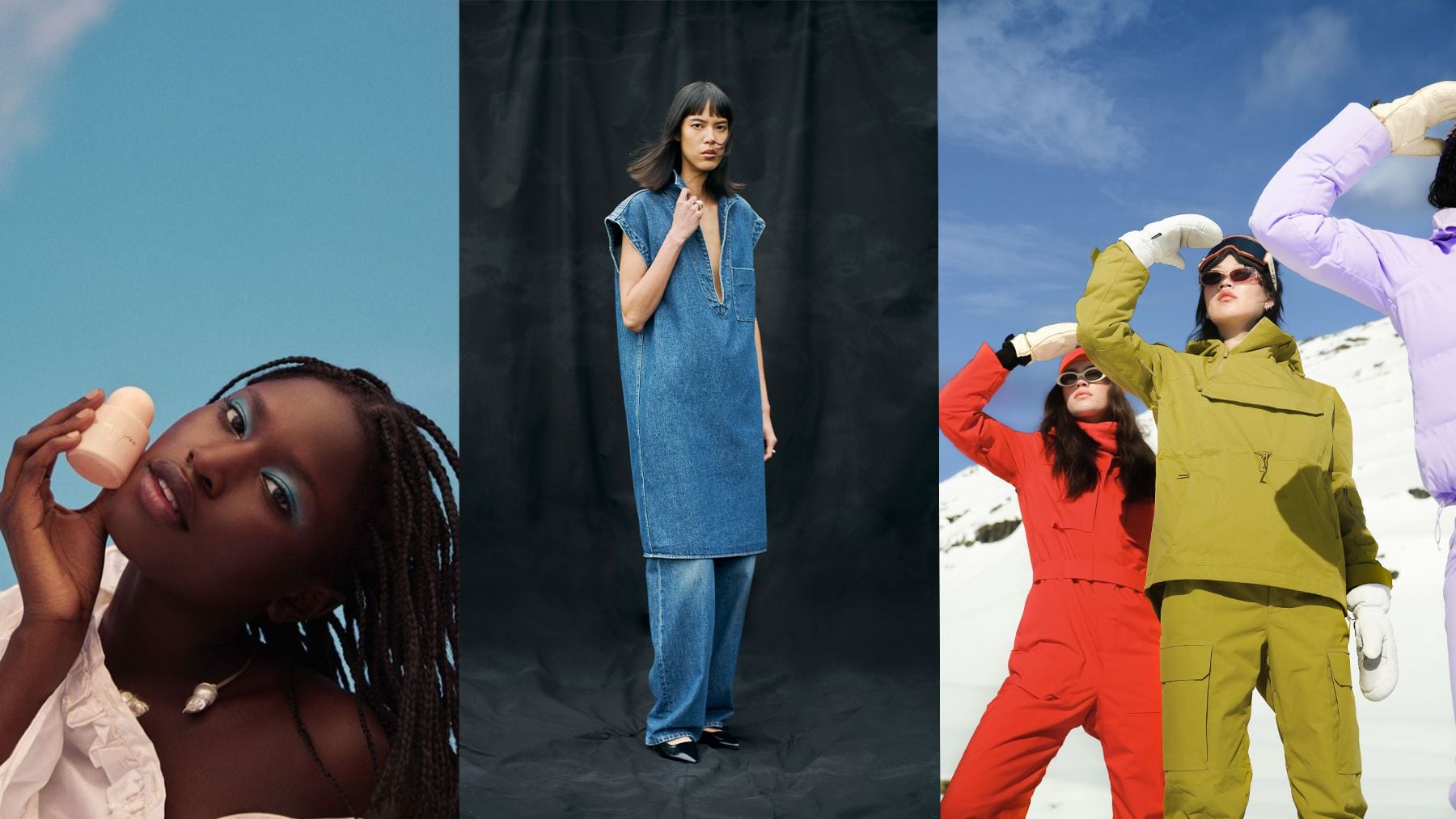
Fashion and beauty brands seeking investment in 2024 have a reason to be optimistic.
In 2023, an uncertain economic landscape, rising capital costs (thanks to higher interest rates) and persistent inflation made investors more cautious across sectors. But in fashion and beauty, woes plaguing one-time investment darlings like sneaker brand Allbirds, Gen-Z intimates label Parade, hair care brand Olaplex, beauty incubator Amyris and Warby Parker made that trepidation even more pronounced.
The author has shared a Flourish data chart.You will need to accept and consent to the use of cookies and similar technologies by our third-party partners (including: YouTube, Instagram or Twitter), in order to view embedded content in this article and others you may visit in future.
But this year, inflation is cooling and it’s expected that interest rate hikes are over, there may be more investment opportunities for fashion and beauty brands. The lessons investors learned last year, however, remain, and they’re more closely monitoring customer acquisition costs and seeking diverse retail distribution networks. For companies to nab capital they have to have it all: strong founders, innovative products and a clear path to profitability.
“Just a few years ago, investors were more willing to take risks … the context has changed,” said Virginie Birade, partner at Paris-based premium consumer brand focused private equity Experienced Capital. “Now they’re looking for brands that strictly adhere to their theses.”
Efficiency is Everything
Whereas prior to 2023, investors prioritised high-growth companies, now, they’re placing equal importance on the bottom line.
“Unless you are a growing business with attractive margins and capital efficiency, you’re not getting a ton of traction,” said Cristina Nunez, co-founder of True Beauty Ventures, a beauty-focussed growth fund which invested in fragrance line 7 Virtues and Iris&Romeo in late 2023.
Chasing growth, however, is more difficult than it’s been in recent years thanks to increased advertising costs and investor wariness around bloated marketing spend. Investors don’t want to see brands advertise exclusively through routine Instagram ads or influencer campaigns, but instead that they’re getting unpaid engagement and being strategic about where and how they appear to customers, said Birade. A high percentage of repeat customers and low discount rate are among the success metrics they’re looking for.
“Customer acquisition costs aren’t down any time soon … It doesn’t work to just be a performance marketing-based company anymore,” said Sonya Brown, partner at Norwest Ventures. “People have to lean into more traditional brand work.”
A Master of All Channels
With investors scrutinising advertising spend more closely, many brands are turning to more traditional channels to reach customers — namely, wholesale.
“Before, some investors wanted only digital brands, and were completely afraid of retail. Now investors don’t look at it like that. If you want to create value … you want to master every channel,” said Birade. “When you’re only in one channel, it can be a weakness.”
For skiwear label Halfdays, the fact that it entered retail just a year after launch in 2020 — it now sells in Nordstrom, Bloomingdale’s and Dick’s Sporting Goods — has been a major selling point for investors, said co-founder and chief executive Ariana Ferwerda, who closed a $3.3 million seed round in October and hopes to raise a Series A in early 2024. Plus, wholesale has ended up being just as profitable as direct-to-consumer, because the brand saves on marketing and shipping costs.
Wholesale can aid in brand perception, too. High-end retailers like Moda Operandi and Neiman Marcus have helped sustainable apparel brand Bite Studios cement its luxury identity, said co-founder Veronika Kant. That’s key to getting customers to buy its $200 merino tank tops $1,000 silk skirts.
But maintaining the inventory necessary to operate a wholesale business requires capital and entering multi-brand retail too early can put a strain on a young brand’s finances. Brands also must manage their wholesale relationships, which means navigating different development timelines if they have multiple stockists. Failing to deliver on deadlines can sour a relationship, and if products don’t sell, they could end up in the discount aisle.
“You don’t want a retailer to buy a ton of products and not be able to sell through all of them, there is this push and pull, especially starting out,” said Ferwerda.
Wellness-centric fragrance line Brown Girl Jane, in the midst of a retail expansion, thinks about what particular customer it would capture with each new retailer. Since launch in 2020, the brand has raised over $1 million, is in Nordstrom, Saks Fifth Avenue and Macy’s. It participated in Sephora’s 2023 accelerator programme and is gearing up for launch into the retailer this year.
“We look at if is there a demographic this retail partner is going to help us speak to that we currently could not touch in the same way. And is that going to account for the change in margins when we’re there?” said Malaika Jones, founder and chief executive of Brown Girl Jane, which also runs a grant programme for Black woman founders with SheaMoisture.
Amid tough conditions and rising investor expectations, especially around retail, it’s particularly difficult for founders of colour, who already receive a fraction of institutional funding to raise, added Jones.
“Some of the performative investments earmarked for founders of colour are falling to the wayside,” said Jones. “Everyone is saying ‘We need retail distribution because that is what will attract institutional investment.’”
It’s Who You Know
Relationships matter in more than just retail. In a slower, more risk averse environment, investors are more likely to go with the founder they know. For example, all of True Beauty Ventures investments in 2023 were with founders the firm already had relationships with, Nunez said.
Ferwerda tries to turn investors into friends of the brand. When Paul Hedrick, founder of direct-to-consumer boots brand Tecovas invested in Halfdays in 2023, he became a formal advisor to the brand. He and Ferwerda now have a standing meeting on their calendars.
“Make them a champion of the brand,” said Ferwerda. “I look at fundraising as a function of my job, not an initiative I’m going about every six or 12 months.”
Bite Studios, which closed its latest round in December, seeks out impact investors and family offices — including organic denim brand Nudie Jeans — who share its principles. It sets and communicates expectations for growth, currently around eight percent each year, said Bite Studios co-founder William Lundgren.
Keeping up the ongoing conversation with investors and continually showing them a brand’s progress is essential to maintaining a positive relationship in the long-term.
“There’s more hesitancy [from investors] to put money into something from the outset, now it’s ‘Do well without money, and then we’ll give you money.’’” said Jones.


